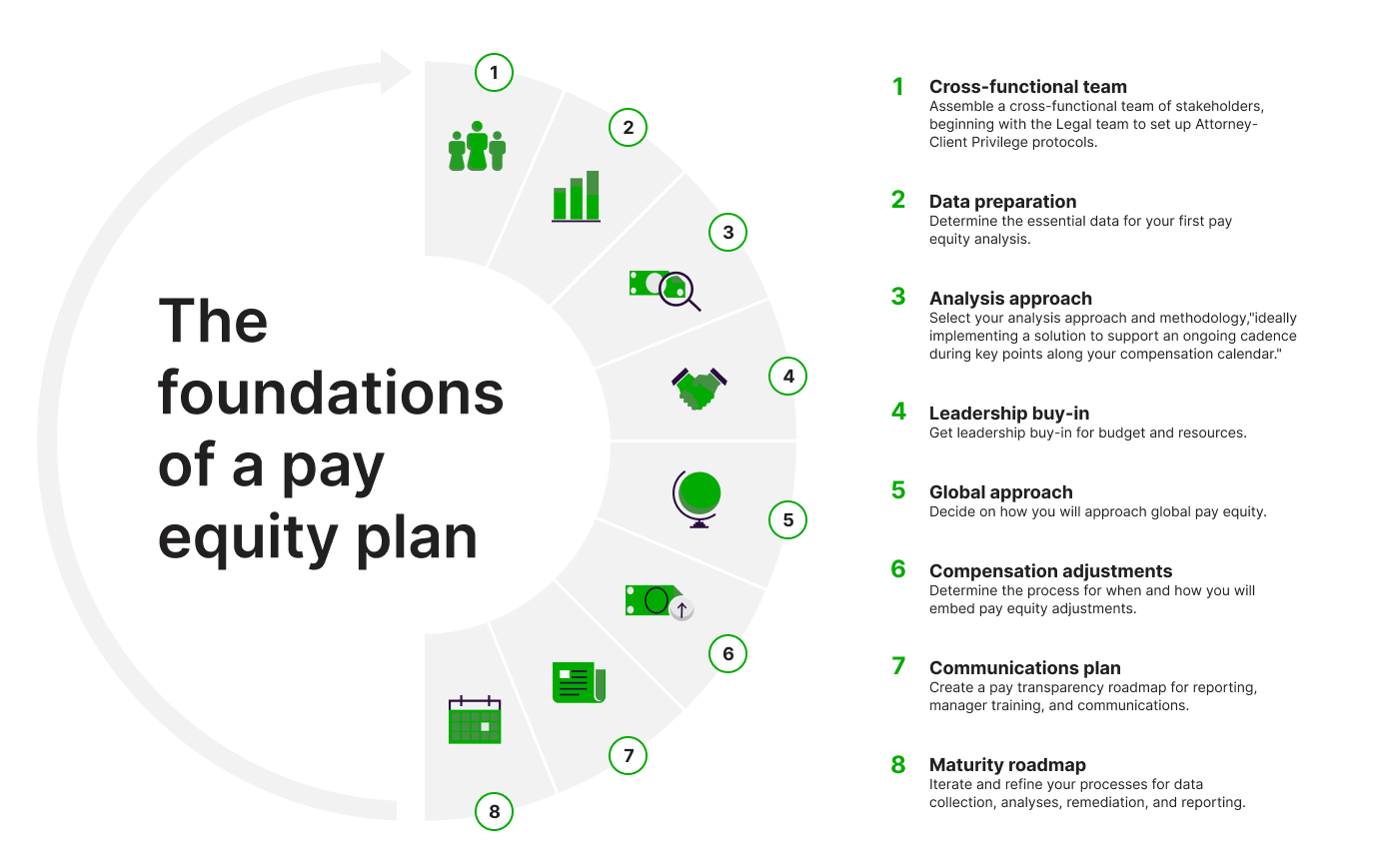Market pay rates refer to the prevailing salary levels for specific jobs in a particular geographic area or industry.1 Understanding and effectively managing market pay rates is crucial for organizations to attract, retain, and motivate top talent.2
Why Market Pay Rates Matter
- Attracting Top Talent: Competitive pay rates are essential to attract highly skilled individuals.3
- Retaining Key Employees: Offering fair and competitive compensation helps retain valuable employees and reduce turnover.4
- Employee Morale: Employees who feel fairly compensated are more likely to be satisfied and engaged.5
- Legal Compliance: Adhering to minimum wage laws and equal pay regulations is crucial.
Factors Influencing Market Pay Rates
Several factors can influence market pay rates:
- Industry: Different industries have varying compensation standards.6
- Geographic Location: Cost of living, economic conditions, and labor market dynamics can impact pay rates.7
- Job Role and Responsibilities: The complexity of a job and the required skills and experience influence compensation.8
- Company Size and Financial Performance: Larger organizations often have more resources to offer higher salaries.9
- Economic Conditions: Economic cycles can affect salary trends, with higher rates during periods of economic growth.10
Strategies for Managing Market Pay Rates
- Conduct Regular Market Research:
- Utilize salary surveys and industry reports to gather data on current market rates.11
- Analyze data to identify trends and potential adjustments to pay scales.
- Establish a Competitive Pay Policy:
- Develop a pay policy that aligns with the organization’s business strategy and financial capabilities.
- Consider factors like job evaluation, performance metrics, and market rates when setting salary ranges.
- Implement a Job Evaluation System:
- Use a consistent job evaluation methodology to assess the relative worth of different jobs.12
- This helps ensure fair compensation based on job responsibilities and requirements.
- Offer Comprehensive Compensation Packages:
- Consider total compensation, including base salary, bonuses, benefits, and perks.
- Offer a variety of benefits, such as health insurance, retirement plans, and flexible work arrangements.13
- Monitor and Adjust Pay Practices:
- Regularly review and adjust pay practices to stay competitive and address changing market conditions.14
- Consider factors like inflation, cost of living, and industry trends.
- Communicate Effectively:
- Communicate pay policies and practices openly with employees to build trust and transparency.15
- Explain how compensation decisions are made and provide opportunities for feedback.
By effectively managing market pay rates, organizations can create a competitive compensation strategy that attracts and retains top talent, improves employee morale, and contributes to overall organizational success.




